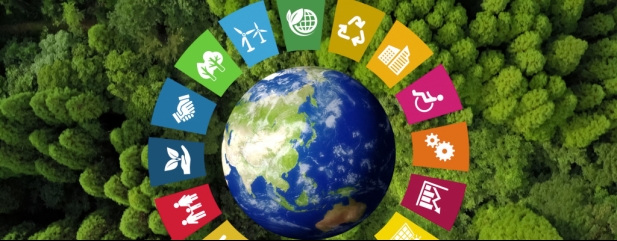According to the United Nations Environment Programme Finance Initiative, emerging markets may need up to $1 trillion a year to build a net-zero economy. This is clearly a significant challenge but also brings significant investment opportunities and growth potential. Volatile energy prices in 2022 have helped to further incentivise development in this sphere.
The World Economic Forum has pointed to the crucial role that domestic banks in the developing world might play in leading a push towards sustainability. In a June 2022 report it noted: ‘Helping local banks to define and implement a net-zero strategy can be a game-changer for the much-needed energy transition in the emerging markets. This will unlock the potential of new projects accelerating net-zero ambitions.’
The report adds: ‘Globally, climate capital and expertise are there; however, to scale the equitable distribution of resources including capital, it’s absolutely key to build local partnerships, and local banks are ably placed to provide that strength and ownership to achieve climate targets.’
There has been progress in terms of financing the big investment required to help decarbonise emerging market economies with the International Monetary Fund reporting that sustainable debt issuance in these economies more than tripled in 2021 to $190 billion. Flows into sustainable equity funds also rose to $25 billion.
The MSCI Emerging Markets ESG Leaders index contains companies with high performance on environmental, social and governance metrics compared with their peers.
Over the 10 years to 31 December 2022, it outperformed the MSCI Emerging Markets index with an annualised return of 3.6% against 1.8% from the broader benchmark.
The index has a significant weighting to financials, information technology and communication services.
This outlook is part of a series being sponsored by Templeton Emerging Markets Investment Trust. For more information on the trust, visit here
‹ Previous2023-01-26Next ›

 magazine
magazine








